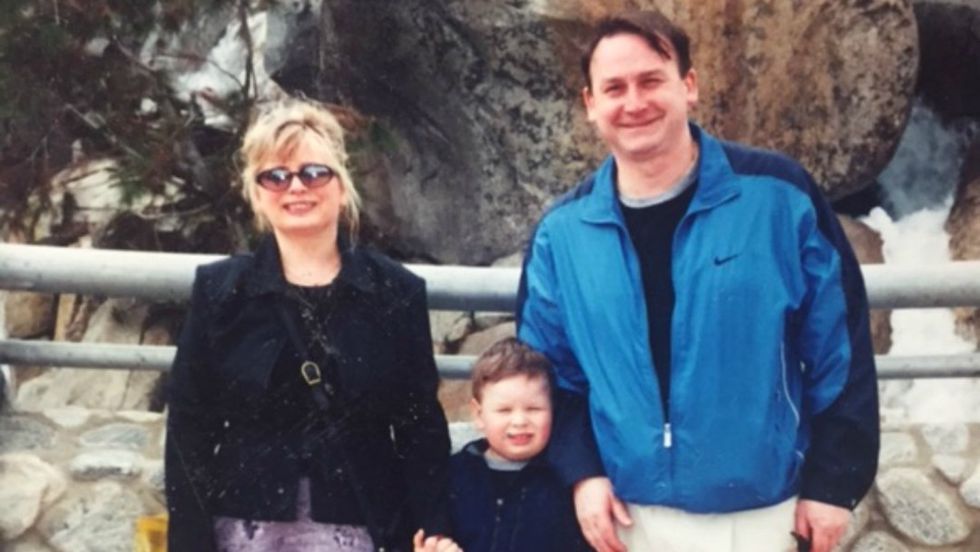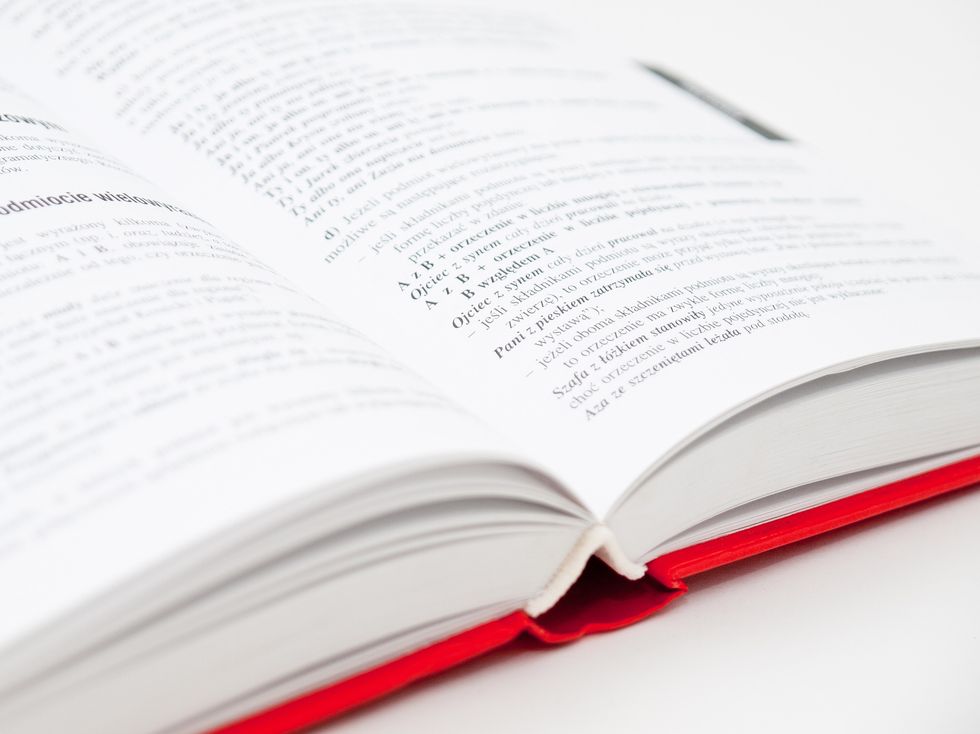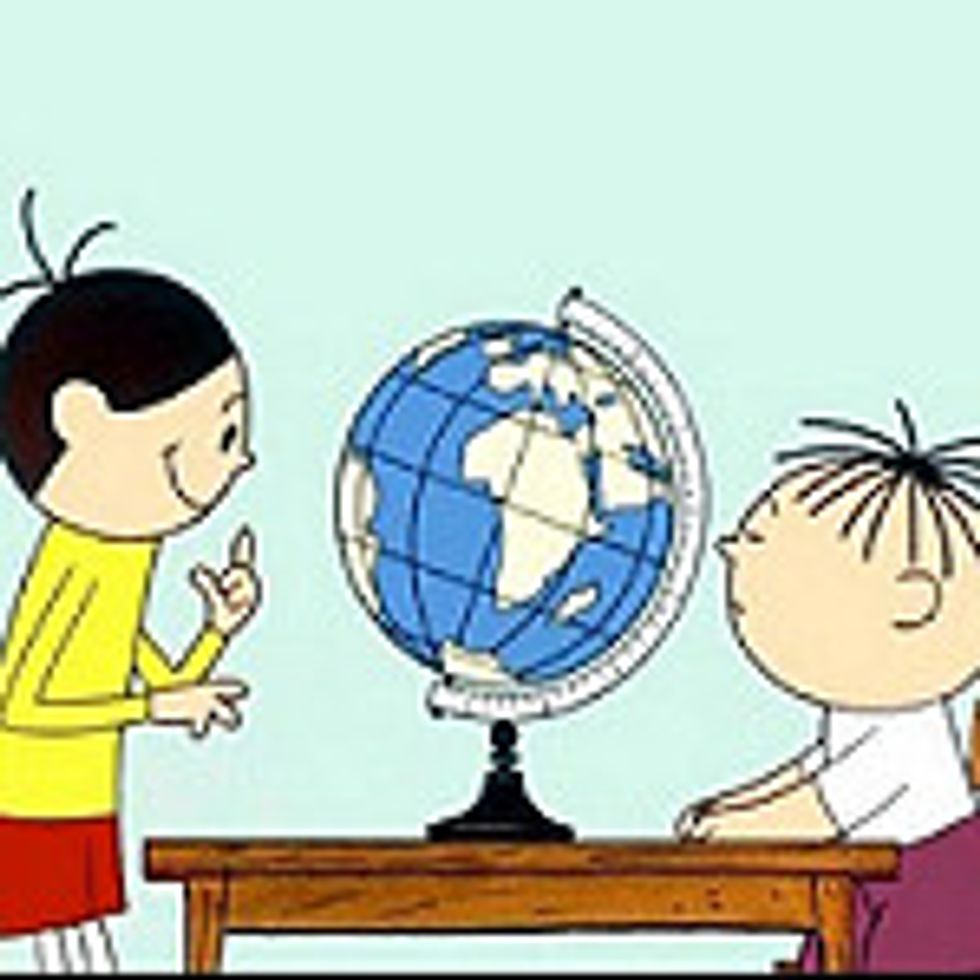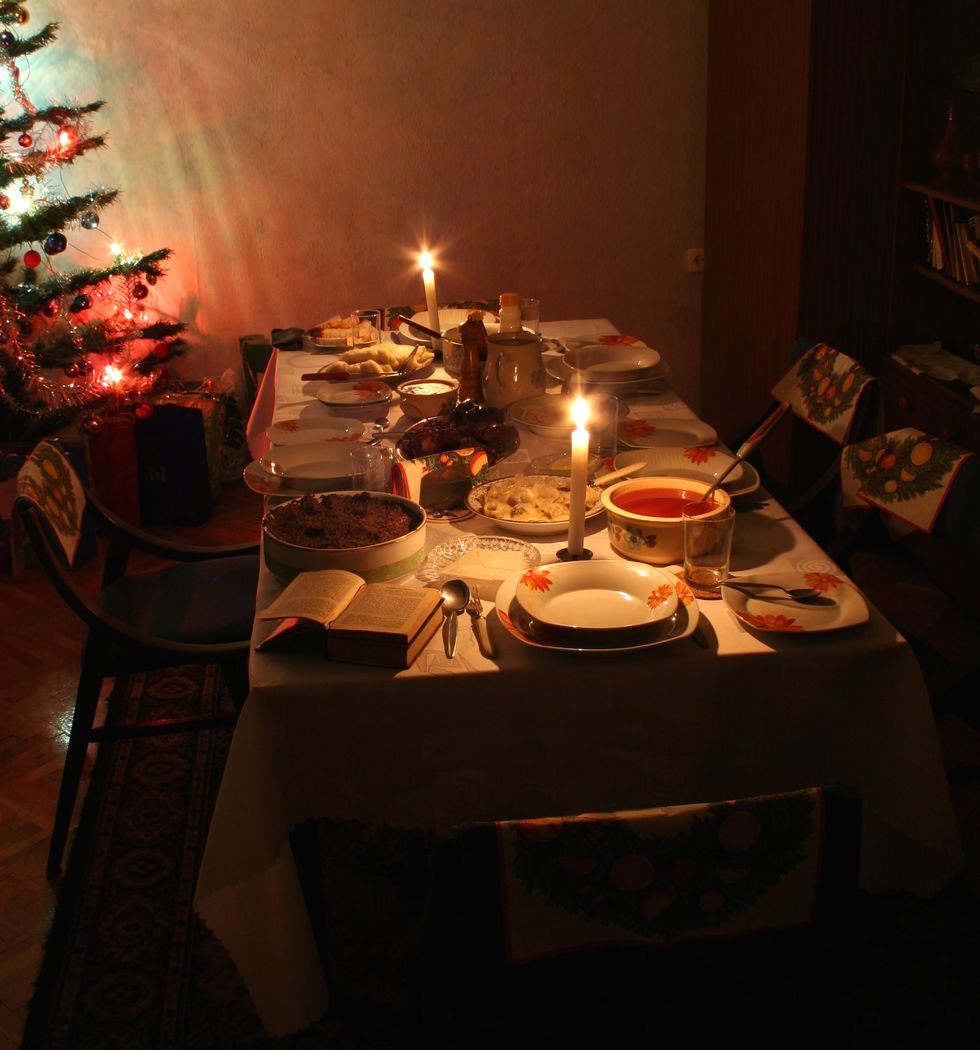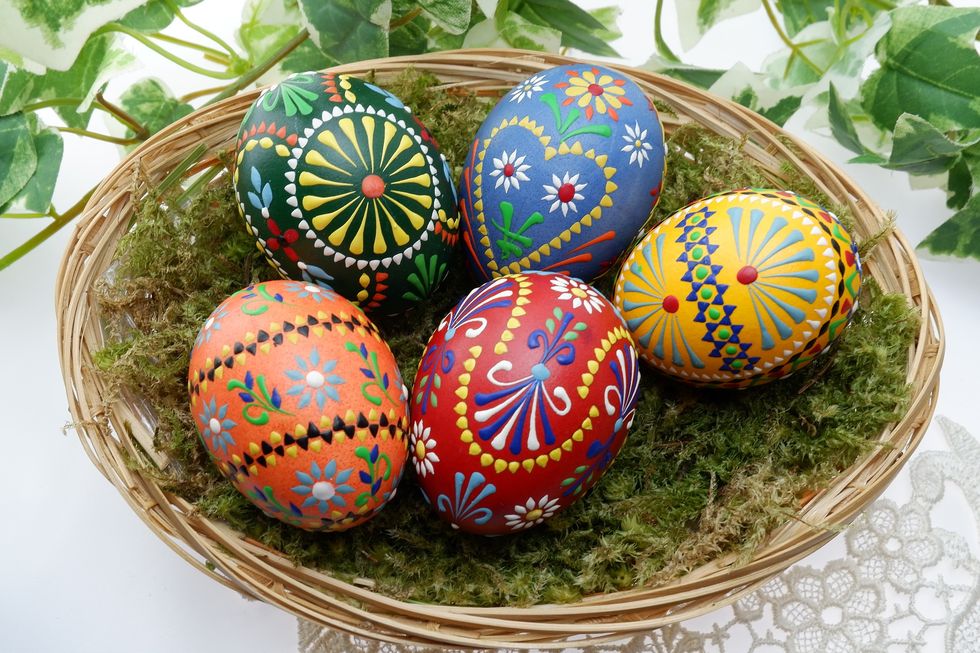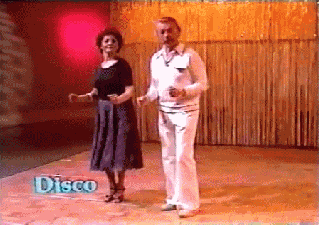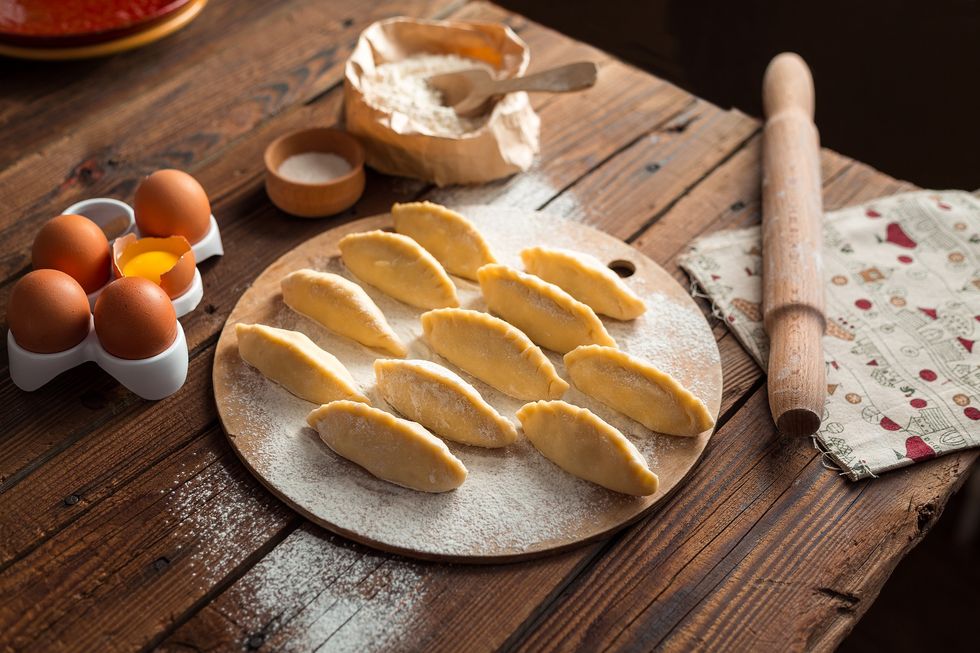Being raised in a Polish household, with parents directly from Poland, things were always a little different at my home than most of my peers'. Whenever my “American” friends would visit me at my house, they’d always be curious about how things were, and I’d have fun watching them try to adjust to my culture. That being said, there were times at school or with my “American” friends when I would have to adjust to American culture.
This was a lot more prevalent when I was younger, but it still happens from time to time. The truth is that growing up Polish, I learned things, ate things, and did things that most of my friends didn’t. Growing up in a Polish household is definitely a unique experience.
So, without further ado, here are 15 of the most unique things about growing up Polish.
1. The food.
Polish food is delicious, amazing, and hearty while at the same time being weird and gross. From delicious gołambki (cabbage rolls) to smazone buraczki (chopped-up fried beets) to things that just seem weird to eat like pstrag w galarecie (trout in gelatin), or smalec (pig lard or bacon grease that you use to spread on bread, it’s actually pretty tasty). There’s a lot of meat and fat in Polish cuisine and Polish people put butter on almost everything. They also eat everything with potatoes. The truth with Polish food is that it’s usually good, but sometimes it’s just better not to ask what you’re eating.
2. Not giving a fuck.
Polish people give no fucks. Seriously, they’re a very blunt people. Polish people mostly do, and say whatever they want, giving no fucks as to the consequences. This can definitely get a lot of Poles in trouble and can lead to some arguments, but that’s normal, as the Poles are kinda an argumentative people. But Polish bluntness sure can be refreshing, especially in a society that’s not as blunt.
3. Kiełbasa.
Ah, kiełbasa (Polish sausage), a food so prominent that I gave it its own category. In a Polish home, you eat kiełbasa basically every day, and it can be eaten for almost every meal: breakfast, lunch, and dinner. Actual Polish kiełbasa is nothing like the stuff you buy at your local supermarket — it’s so much better. It’s usually made of pork, and there are whole varieties of different kiełbasa. There’s white kiełbasa, wedding style kiełbasa, grill kiełbasa (perfect for grilling). Kiełbasa can be eaten cold or heated, and when you go camping, roasting kiełbasa over a fire is a must.
4. Speaking Polish.
Growing up in a Polish household, you grow up speaking Polish. You speak Polish with your family all the time. The Polish language will surround you everywhere. Whenever someone finds out that you speak Polish, they’ll usually ask you to say something in Polish, and most of the time they ask you to swear in Polish. Then they’ll try to repeat what you said, but generally, have a hard time because Polish is hard. You get kinda embarrassed by this but deep down you love it. You also sometimes speak “Polglish” (combination of Polish and English), which is really interesting, and at least I’ve noticed that when mix my Polish and English, I’ll say my English worlds in a Polish accent.
5. "Bolek i Lolek."
A lot of my friends grew up watching cartoons like "The Peanuts" or "Veggie Tales." Me? Well, in a Polish home, you watch " Bolek i Lolek."
"Bolek i Lolek" is a Polish classic, and basically all Polish children grow up watching it. It’s a silent cartoon about two brothers named Bolek and Lolek who go on all kinds of adventures, like mushroom picking in a forest or trying to catch bandits. Growing up, "Bolek i Lolek" was one of my favorite kids' shows, and I have so many fond memories watching it as a kid.
6. Wigilia.
Christmas is by far the most important holiday for the Polish people. But Polish Christmases are a little different. Christmas begins on Christmas Eve with a huge feast called Wigilia. Wigilia traditionally starts when the first star comes out at night. The feast consists of 12 dishes of fish, barszcz (beet soup), pierogi, etc.
Generally, red meat and poultry are not eaten. Before the fest begins, everyone is given a wafer called opłatek. You then take turns breaking wafers with everyone else and eating them, while giving everyone special Christmas and New Year’s wishes. After the feast, which is usually delicious but leaves you feeling like you’ve gained 50 pounds, you open Christmas presents, and then as if you hadn’t already eaten enough, there’s dessert.
7. Meal times.
Meals times are a little different in Poland than they are in the U.S. For example, the day does start out with breakfast, but it’s usually more of a brunch, consisting of various cheeses, deli meats, keiłbasa, and bread. In a Polish home, you don’t really eat lunch, per se, but rather eat an early dinner at around 2 or 3. Then at about 7 or 8 p.m., there’s a light supper which is similar to breakfast in terms of what’s eaten. Eating like this was always interesting in a society where meal times are different, and it took me a while to adapt. And I admit, I thought noon was a weird time to eat lunch, and 7 p.m. a weird time to eat dinner for most of my childhood.
8. Polish church.
Poland is known as a very Catholic country, and so naturally, going to church is kind of a cultural expectation, and a lot of Polish families outside Poland go to mass in Polish language churches. Mass is always in Polish at these churches, and no matter where you turn your head, there will be some sort of reminder of Pope John Paul II, the famous Polish pope who is now a canonized saint.
9. Wielkanoc.
Easter is probably the second most important holiday for the Poles. It's really fun too. You start Easter off by making these cute Easter baskets and filling them with bread, eggs, sausage, chocolate, fruit, salt, pepper, cake, and honestly anything else we wanna put in it. There’s always some sort of food that’s shaped like a lamb to represent Jesus in the basket. Some people bake lamb-shaped bread, but my family usually goes for sugar that’s been hardened into the shape of a lamb, or as I like to call it, a “sugar lamb.”
We then take the basket to church on Easter Saturday and put it on a table or alter with a whole bunch of other baskets, and the priest comes by and blesses the baskets. Afterward, we bring our baskets home and have a brunch. The next day on Easter Sunday, you go to church and have another brunch. Finally, Easter Monday is Śmingus Dyngus, which is basically a holiday devoted to spraying your friends and family with water.
10. People think you’re Russian.
Growing up Polish, people always think you’re Russian. If you speak Polish in public, people will assume that you’re speaking Russian. Other times people will say that you look Russian, or even act Russian. This does get annoying sometimes, but you usually correct them and it's all fine. I feel like this is more common in places in the U.S. where there are less Polish people, such as in Seattle, Washington, where I live.
11. Herbata.
Herbata (tea) is to Poles like coffee is to Americans. And in a Polish home, they get you hooked on it young. Kids are drinking tea from as young as they can drink something out of a cup. You drink herbata all of the time, with breakfast in the morning, with dessert after dinner, with supper at night, and of course, right before you go to bed, too. Oh, and the varieties of tea are plentiful. In a Polish home, you drink all kinds of black teas and red teas; you never drink tea with milk, but it’s common to put lemon juice and sugar in your tea. Fruit teas that are steeped with small bits of dried fruit are also common.
12. No one can spell or pronounce your last name.
Polish last names are pretty hard on native English speakers, as they are long, have a lot more constantans than vowels, and use letters that aren’t used in English a lot like "Z.” Generally, people struggle saying or writing your last name. Your last name will usually get butchered over and over again, and it’s always funny when people ask you how to pronounce it, and you say it, and they still can’t pronounce it. I’ve even had one guy tell me he didn’t have the mouth dexterity to pronounce my last name (Zgirski) before.
Also, whenever someone asks for your last name so that they can write it down, you get used to just spelling it out for them right off the bat, because you know they won’t be able to spell it.
SEE ALSO: 11 Things You Should Know About Polish People
13. Disko Polo.
Disko Polo is probably one of the most embarrassing types of Polish music out there. It’s basically a genre of techno sounding, overproduced, sped up, Polish folk music. Most people hate it, and not hard to see why. It is so cheesy sounding. But the thing is, when you’re drunk — and especially drunk at a wedding — it becomes the best kind of music out there, and everyone from the kids to the grandmas will be going hard.
14. Pierogi.
Pierogi (not pierogies, because in Polish, the word 'pierogi' is already plural) are one of my favorite parts of being Polish. Nothing reminds me more of home than a batch of freshly boiled pierogi. They are delicious, made with farmers cheese and potatoes, cabbage and mushroom, or finely grinned meat, and covered in butter; they are irresistible. Pierogi take forever to make, but it’s always worth it, and you usually get to help your mom out in making them, which is always an experience on its own.
15. You wouldn’t trade being Polish for anything in the world.
Being Polish certainly comes with its quirks, and it definitely provides a unique experience. But at the end of the day, you wouldn’t trade your Polishness in for anything in the world. There’s simply nothing like getting to speak Polish at home, watching cartoons like "Bolek i Lolek," celebrating holidays a little differently or eating all that delicious Polish food. Growing up Polish really is an amazing experience, and you learn to swell with pride for all things Polish (you can also get Polish citizenship too, so that’s a plus). You love the culture, the people, and the country as if you were born there.

